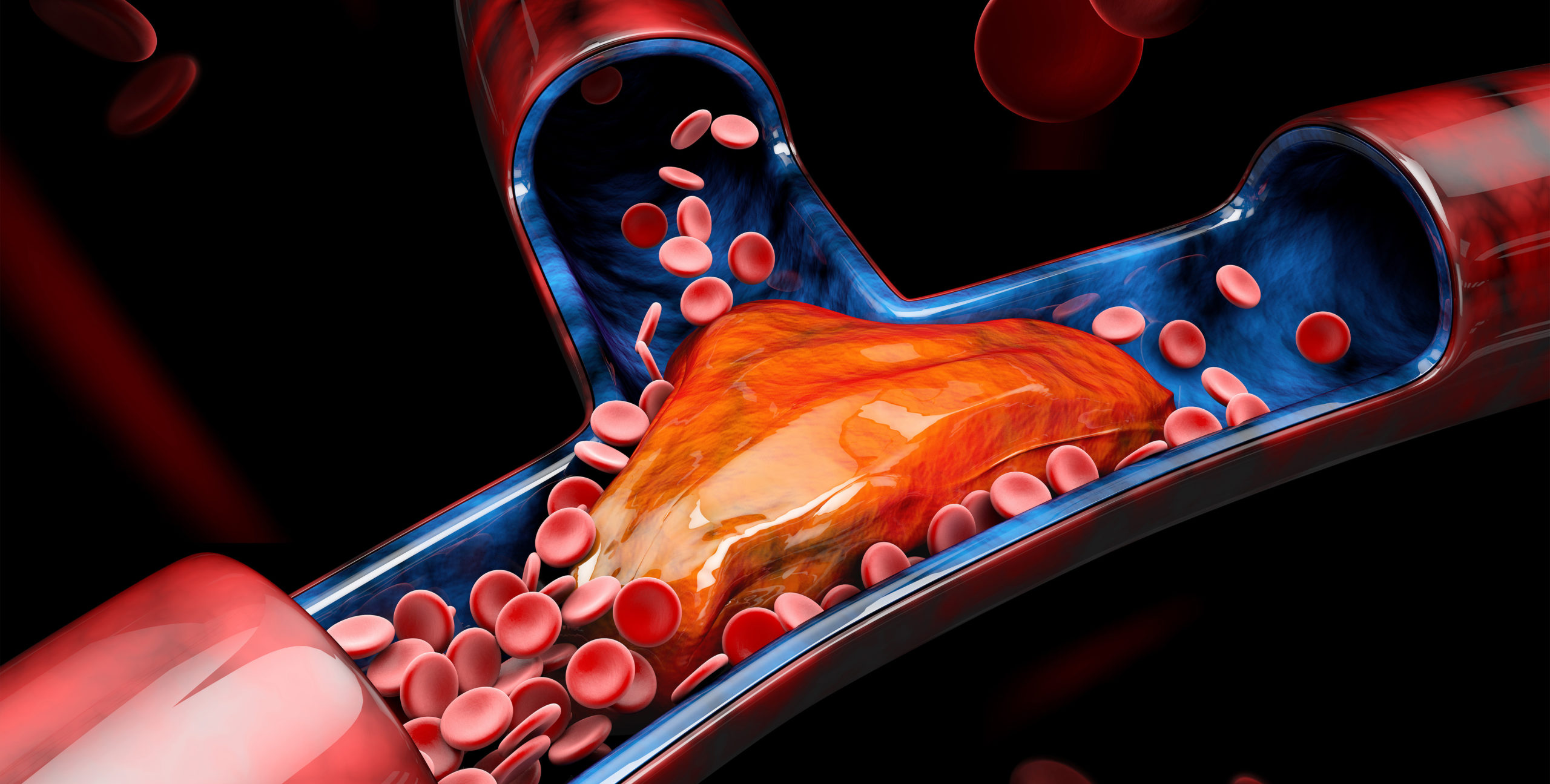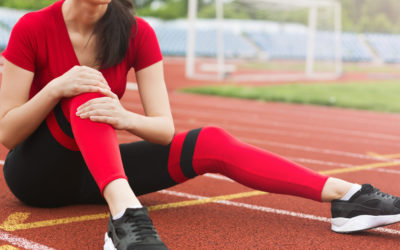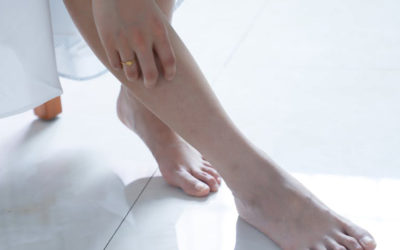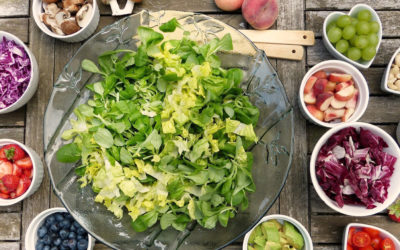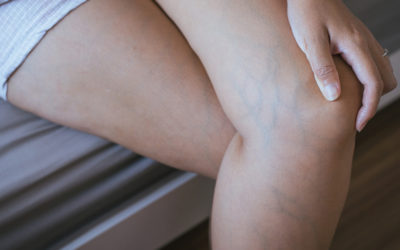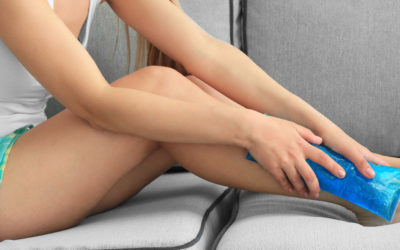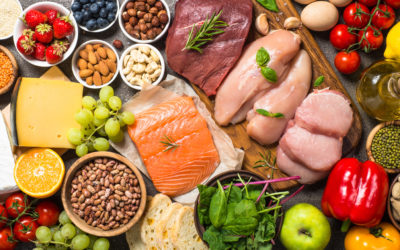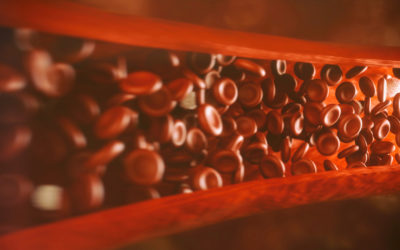Venous ulcers affect around 2% of Americans 65 and older and around 1% of the total population.
What are venous ulcers?
They are open sores that develop when the veins in the legs are not pushing the blood back up to your heart like they normally would. Blood backs up and pressure builds in the veins.
When this condition is left untreated, the increased pressure and excess fluid can cause an open sore. These slow-to-heal wounds usually occur on the leg, above the ankle.
Looking for information on venous ulcer risk? Who is at risk depends on a number of factors. Keep reading to learn more about who is most at risk of venous ulcers.
What Causes Venous Ulcers?
Weak valves and scarred and blocked veins cause the veins to malfunction. This is the underlying condition causing the backward flow of blood that ultimately leads to a lack of nutrients, dead cells, and damaged tissue that turns into this type of open wound.
Who is at Risk? Risk Assessment
There are many risk factors, but age and gender also play a part. As we get older, our veins lose elasticity and the valves in the veins become weak. Both of these affect the ability of the veins to control blood flow.
Females have a higher chance of developing this condition especially those over age 50.
Other risk factors include:
- Previous leg injury like muscle damage, burns, fracture of a long leg bone
- History of blood clots in the legs known as deep vein thrombosis
- Being tall
- Obesity
- Smoking
- Pregnancy
- Standing or sitting for long periods of time
- Family history of vein problems
- Blockage in the lymph vessels
- Varicose veins
What Changes Can You Make to Lower Your Risk?
Changing to and sticking with a healthy lifestyle can help you offset your risk factors. Don’t smoke or quit if you are a smoker. Adopt a healthy diet and get regular exercise.
If you have high blood pressure or diabetes, follow doctor’s orders to keep them under control. If you are overweight or obese, do what you can to get to your ideal weight.
Eventually, if your job requires you to sit for long periods of time, take breaks and move around. The same goes for standing too long. Give your legs a break from time to time.
Wearing compression socks can help to prevent blood from pooling in your legs.
Medical Professionals Guide to Venous Ulcers
Now that you know who is at risk for venous ulcers, you can take precautions and lower your risk by following a healthy diet and lifestyle especially if you have a family history of this condition. Speak to a professional to learn more about what you can do to avoid venous ulcers.
We at Lexington Vein Institute will address the source of your vein problem and help you produce an overall healthier vascular system to lower your risk for vein issues. Contact us today with questions or to schedule an appointment.

